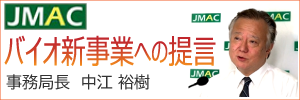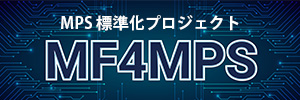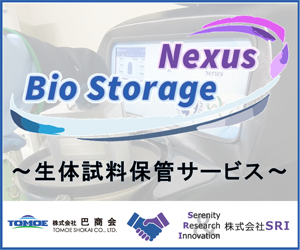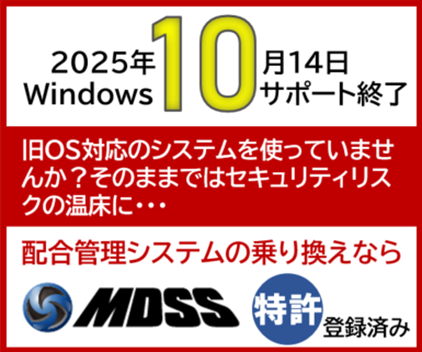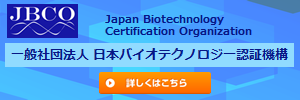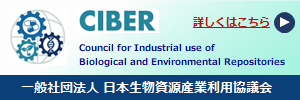第13回JMACシンポジウム
「生体模倣システム(MPS)の実用化に向けて データサイエンスと標準化」
講演要旨
講演1
MPS国際標準化完全始動 – TC 276 Biotechnologyの組織変更とTC 48との連携 –
MPS international standardisation fully launched – TC 276 Biotechnology reorganisation and collaboration with TC 48 -.
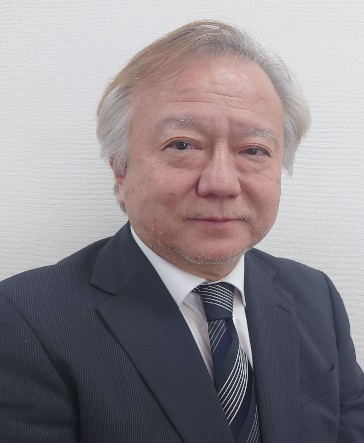
中江 裕樹
特非)バイオ計測技術コンソーシアム
事務局長兼研究部長
MPS (Microphysiological System)の標準化が加速している。これまでISOでは、TC 276 Biotechnologyで関連規格の開発が行われてきたが、CEN/CENELECでも、Focus Group(FG)を作って議論を重ねてきた、2024年7月にその集大成となるロードマップが発行されると活動は完結し、国際的な標準開発へとその範囲を広げてきた。CEN/CENELECのFGは、TC 276の直下に、SC 2 Microphysiological System and Organ-on-chipという分科委員会を構築して、FGでのグループ構造と類似した組織構成をSC 2に構築してきており、2025年6月のTC 276ケアンズ会議でほぼ完成した。一方、デバイスの規格開発は、TC 48/WG 3 Microfluidicsで進められてきた。欧州から発進し、国際的な議論の場を提供するMFAやMFMETの活動は、TC 48/WG 3において、デバイスに関する用語の定義や形状、結合、ポンプの標準を次々と開発している。これら2つのTCについては、ISOの公式の仕組みを使って連携することが計画されている。TC 48とTC 276/SC 2とが連携して、JWGと呼ばれる組織が構築された。これにより、レギュラトリーアクセプタンスに必要な再現性、信頼性を実現するためのMPSの標準化が大きく加速することが予想される。
略歴
1986年4月株式会社東芝入社、1993年学位取得。特定非営利活動法人バイオチップコンソーシアムについては、設立時より関与、現在事務局長と研究部長を兼務。ISO/TC 276/WG 4 のConvenerをはじめ、ISOの専門委員会のエキスパートとしてバイオ分野の標準化を推進している。令和5年度産業標準化事業表彰・経済産業大臣表彰受賞。
講演2
マイクロ流体デバイスの加工技術標準化提案に向けて
Toward a Proposal for the Standardization of Microfluidic Device Processing Technologies
酒井 修
アルプスアルパイン株式会社 仙台開発センター(古川) S&C6技術部
主査
生体模倣システム (MPS)は、培養細胞やオルガノイドを用いて薬剤反応を評価する新しい手法であり、複雑な生体反応を模擬できる点で注目されています。実用化には、得られる多様なデータを統合的に解析し、個体レベルの反応との関連性を明らかにする必要があり、その鍵となるのがデータサイエンスと標準化です。特にAIを活用した予測モデル構築には、信頼性の高いデータセットの整備が不可欠であり、その品質確保はデバイスサプライヤーの重要な責務の一つです。
現在、多くのMPSユーザーが求める性能を実現するために試行錯誤しており、サプライヤー側も多様な要求に十分に応えきれていないのが現状です。こうした課題を解決するためには、デバイス加工技術の標準化が不可欠です。本講演では、ユーザーが必要とする機能を実現するための選択肢を整理し、加工技術のガイドラインとして機能する標準化提案の方向性を示します。現在検討中の標準では、流路デバイスの成型および接合・組立法に焦点を当てています。
本提案は、JMAC内の専門部会である原案作成委員会「MF4MPS(Microfluidics for Microphysiological System)」によって推進されており、MPSに用いられるマイクロフルイディクスの標準化を通じて、産業化に貢献することを目的としたJMAC会員による協働プロジェクトです。ユーザー・サプライヤー双方にとって有益であり、MPS産業全体の発展に寄与することを目指しています。

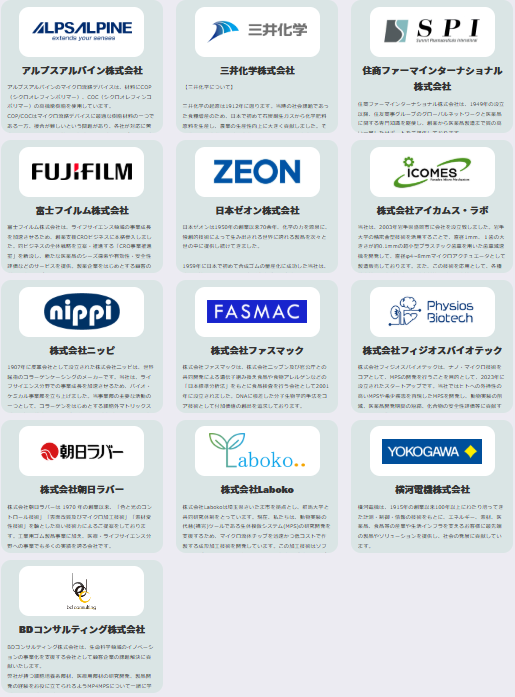
略歴
東京農工大学 工学部 化学工学科卒業。
1990年4月、アルプス電気株式会社(現アルプスアルパイン株式会社)入社。以来、生産技術開発、商品開発領域の業務に従事。
講演3
生体模倣システム(MPS)の開発と評価法確立のためのステークホルダーの重要な役割と連携について
The key role and collaboration of stakeholders in development and establishment of evaluation method for microphysiological systems (MPS)
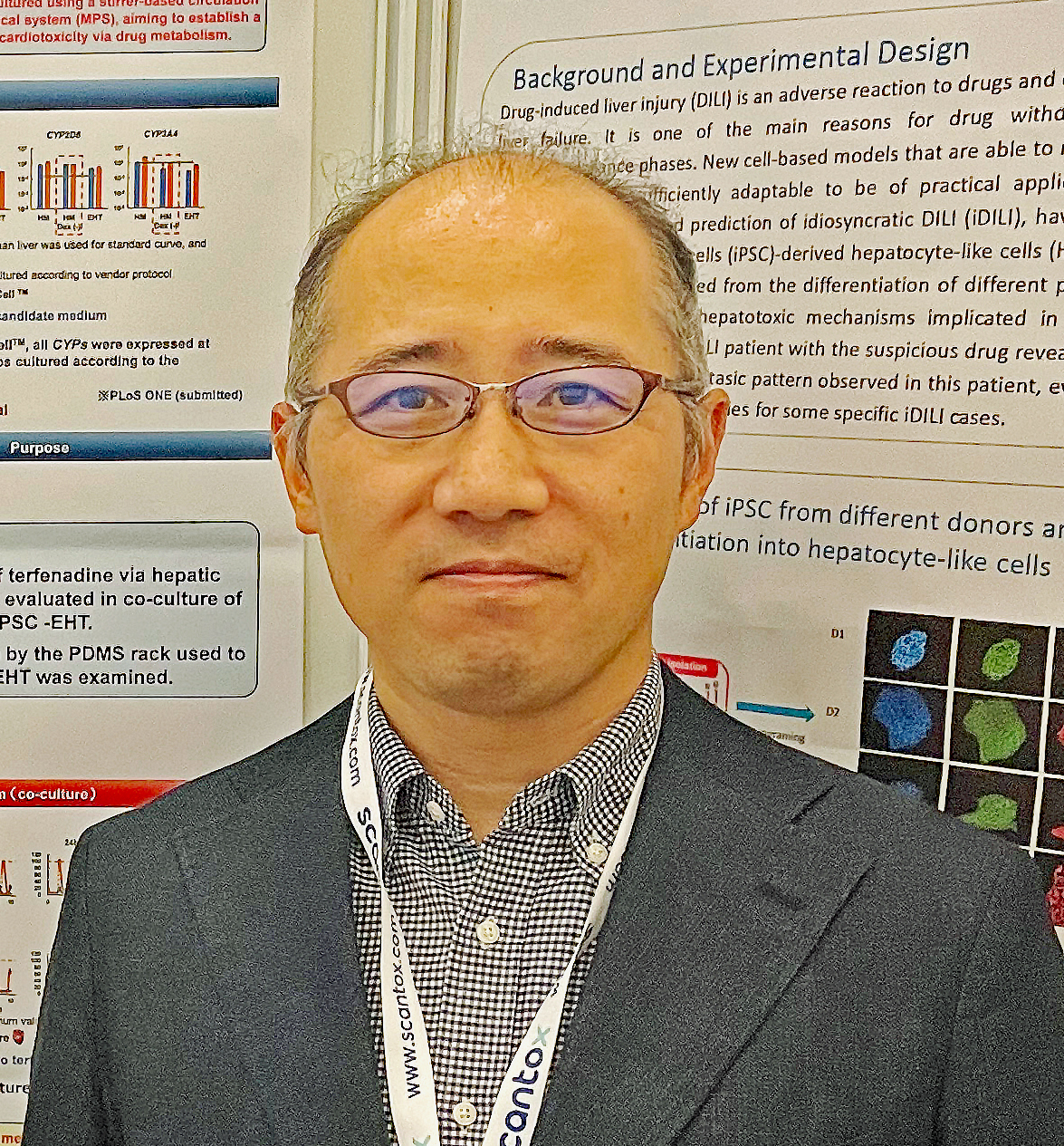
山崎 大樹
国立医薬品食品衛生研究所
室長
生体模倣システム(MPS)は、ヒトの臓器や組織の構造・機能を模倣した先端的なin vitro試験プラットフォームとして、世界中で急速に注目を集めている。特に創薬過程においては、従来の動物実験では捉えきれなかったヒト特異的な毒性や薬効を高精度に再現できることから、効率的な評価手法として期待されている。その一方で、治験新薬(IND)申請や医薬品開発ツール(DDT)のための適格性認定への申請等、MPSが医薬品開発に表立って応用され始めたのはごく最近のことである。その原因としては、MPS開発者サイドおよびユーザーサイドの連携不足、役割の認識不足が考えられる。つまり、開発者サイドが利己的に開発したMPSではユーザーサイドが真に欲している操作性や特徴、最終的なアウトプットを実現できないことが社会実装の障壁になっている。
我々は、ISO/TC 276に「Biotechnology-Developing process of Organ-on-Chip used for evaluation of substances」として、Context of Use (CoU)に基づきMPSを開発するための開発者サイドとユーザーサイドの役割と連携を示した規格の提案を行い、新規プロジェクトとして承認を得た。本提案の狙いは、規格に沿った開発プロセスを日本のステークホルダーがいち早く実装することで、欧米で先行しているMPS開発を逆転することである。しかしながら、欧州でも同様の考え方に気づき始めており、関係する国内ステークホルダーのマインドチェンジが喫緊の課題である。そこで本講演では、現在開発している評価法を実例として示しながら開発者サイドとユーザーサイドの役割と連携の在り方について紹介したい。
略歴
京都大学にて遺伝子改変マウスを用いたTRICチャネルの生理的機能解析に関する研究に従事し、特別研究員・特定助教・特定講師として基礎研究を推進。その後、国立医薬品食品衛生研究所薬理部主任研究官としてヒトiPS心筋細胞を用いたin vitro心臓安全性評価法の確立と国際標準化・国際調和に携わり、現在は同研究所薬理部室長として、生体模倣システム(MPS)を用いた医薬品・化学物質の安全性及び薬物動態評価法の確立と国際標準化・国際調和の推進に取り組んでいる。
講演4
Reducing animal use with NAMs – An AI perspective
Weida Tong
FDA/NCTR
※掲載準備中※
講演5
MPSデータ収集と生成AIの連携:現状と課題
Integration of MPS Data and Generative AI: Current Status and Challenges
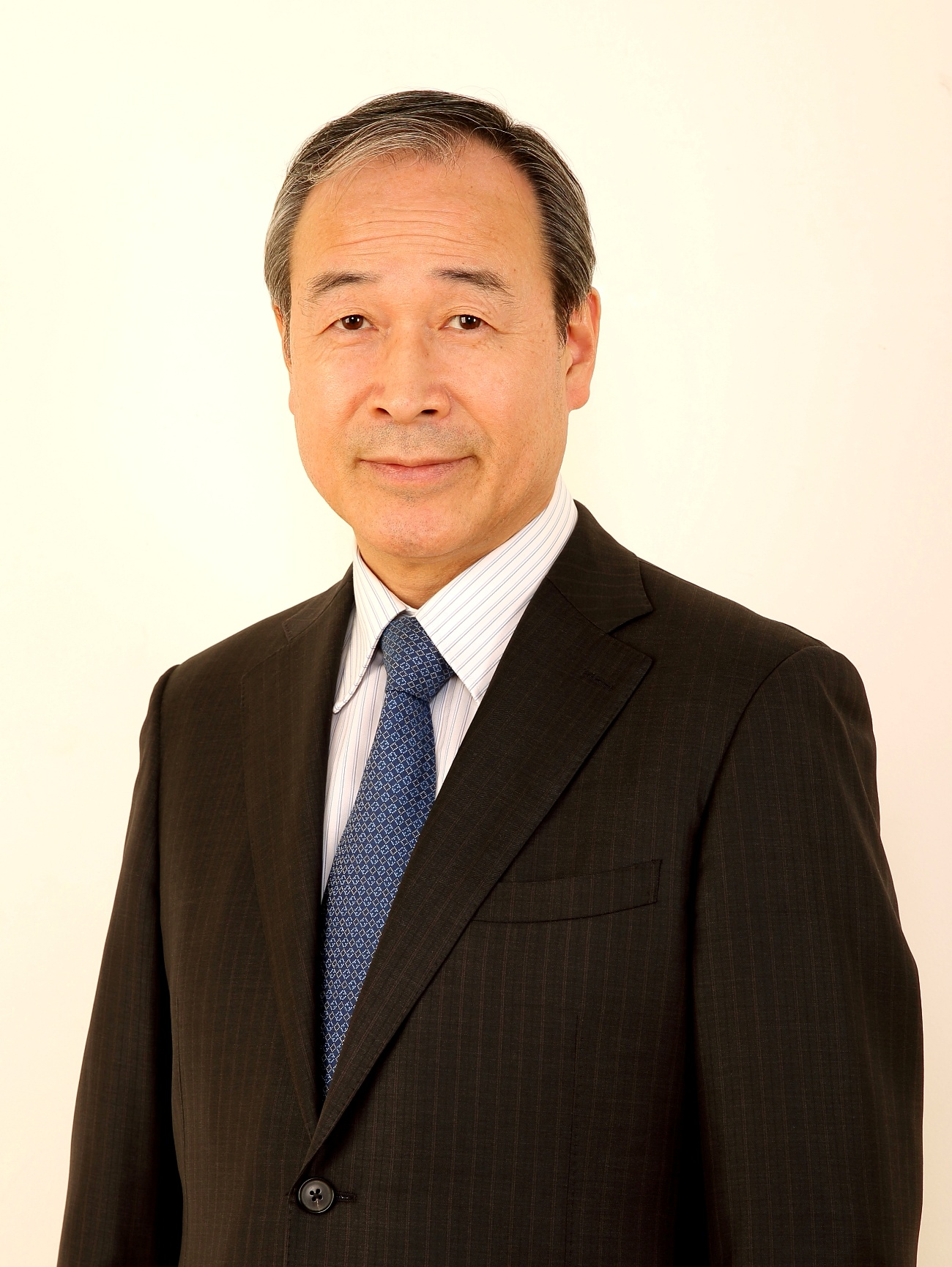
藤宮 仁
株式会社ダイナコム
会長
Microphysiological System (MPS)は、創薬研究においてヒトの生理機能を模倣する強力なツールですが、そこから得られるデータは多岐にわたります。遺伝子の共発現、タンパク質の相互作用、代謝経路、薬剤応答や化合物毒性といったデータは、MPSが模倣する臓器ごとに得られ、それぞれが孤立しがちな現状があります。これにより、データ全体の統合的な解釈や、新たな知見の発見が困難になるという課題が生じています。
一方で、近年の生成AI技術の進歩は著しく、扱えるコンテキスト長も100万トークンレベルに達するなど、長大で複雑な情報を処理する能力が飛躍的に向上しました。また、リレーショナルデータベースに加え、データ間の関係性を柔軟に表現できるネットワーク型データベースも発展し、多様な形式のデータを統一的に扱う素地が整いつつあります。
このような背景のもと、我々は孤立したMPSデータを収集・システム化し、生成AIを介したデータ利活用の可能性を模索しました。本試みでは、各種データをデータベースに統合し、その上で生成AIエージェントを構築しました。このエージェントは、研究者が自然言語で「特定の薬剤に応答する遺伝子パスウェイを抽出したい」といった指示を出すと、その意図を解釈し、データベースから適切な情報を抽出・提示する役割を担います。これにより、研究者とシステムとの間の対話を合理化し、データ解析の効率を大幅に向上させることを目指しています。
このテスト的な実装から、データの標準化や意味的な関連付けの難しさ、そして生成AIが専門的な文脈をどこまで正確に理解できるかといった課題も明らかになりました。本発表では、これらの試みから得られた具体的な知見と課題を共有し、MPSデータと生成AIの連携がもたらす今後の創薬研究の発展にどのように寄与できるか、その可能性について論じます。
略歴
1983年日立デバイス入社、1987年日立ソフトに出向、蛍光バイオイメージアナライザーの開発や高精度ホモロジー検索用演算LSIなどの開発を担当。1995年に㈱ダイナコムを設立。医療統計解析やバイオインフォマティクス関連の開発業務を行ってきている。最近は、各種測定装置からのデータ解析や生成AIを利用したシステムの開発を行っている。
講演6
Korean MPS Initiatives and OK-MPS
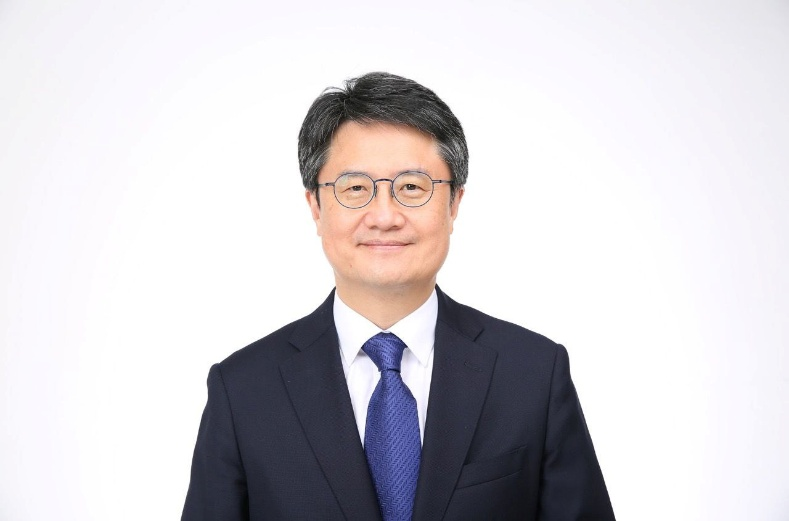
Sang-Hoon Cha
OK-MPS Validationセンター
Combining biodata science with artificial intelligence will lead to the era of destructive innovation. Globally, collective and coordinated approaches have already been ongoing to reduce, replace, refine the animal experimentation and to validate, standardize and industrialize MPS and NAMs technologies.
This 13th JMAC Symposium will provide another chance to look into many challenges and endeavors to implement of MPS technologies and NAMs in the real world.
In recent years, Korean Ministries of Science and ICT (MSIT), Trade, Industry and Energy (MOTIE), Environment (MOE), Food and Drug Safety (MFDS) had started and will begin various R&D programs to develop and advance MPS and NAMs technologies and to improve the accuracy of toxicity and efficacy evaluation for new drug candidates, chemicals and food additives. Recently standardization and validation became the topics of new R&D programs and Korean MFDS hosted 14th World Congress on Alternatives and Animal Use in the Life Sciences (WC14) in 2027. And startup companies in majority are trying to develop MPS products for commercialization and a big pharma company announced its own organoid business to start. Korean government and National Assembly are making a legislation for Animal Alternative Testing.
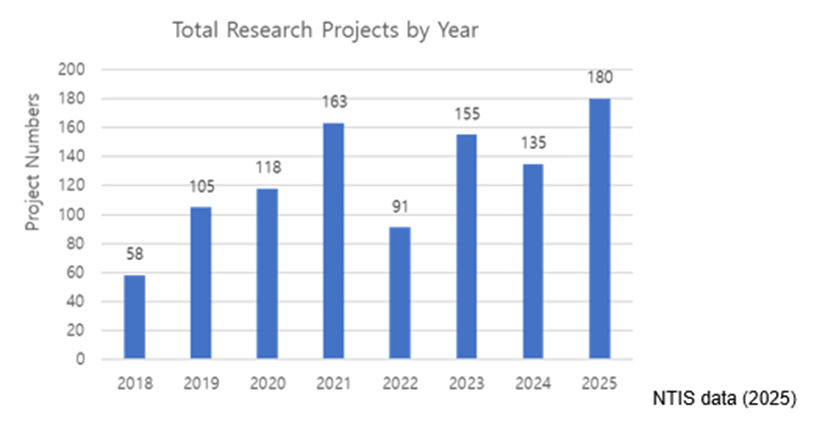
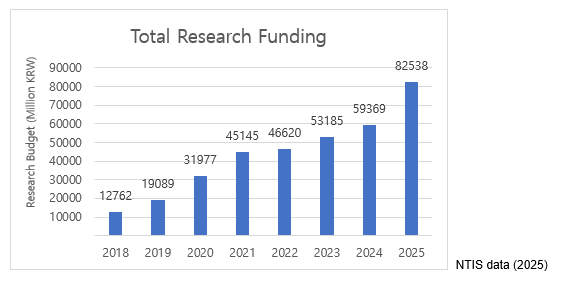
OK-MPS (Osong-Korea MPS Validation Center) project in Korea was to establish a hub with core facility for MPS validation and to provide an open laboratory facilitating national R&D results toward industrialization. It had been funded from 2021 to 2024 jointly by central (MOTIE), provincial, municipal governments. Chung Buk National University Hospital (CBNUH) contributed a new building in Osong for OK-MPS project and lead the project consortium along with 4 public institutions (KIST, KRICT, SNUBH, KBIOHealth®). After the end of COVID-19 pandemic, OK-MPS eventually became functional and from 2023 to 2024, 5 MPS products were validated either by Round Robin Test or by single institutional testing. For the Korean MPS ecosystem, OK-MPS provided many networking and educational opportunities domestically and internationally, including Korea Advanced Alternative Testing Conference (KAAT) from 2022 to 2024.
This presentation summarizes Korean MPS initiatives in recent years and past 4 years of OK-MPS to facilitate open discussion and private-public collaborations.
略歴
Dr. Sang-Hoon Cha is Professor of Radiology at Chung Buk National University College of Medicine and Hospital with over 30 years of experience in teaching and research. He earned his BS in Medicine, PhD in Medicine (Biochemistry) from Seoul National University. His extensive training includes a Medical Doctorate from the Ministry of Health and Welfare in Korea, as well as an internship and residency at Seoul National University Hospital. He holds board certification from the Korean Radiological Society and did clinical fellowship at the same institution.
He has been an active diagnostic and interventional neuroradiologist at Chung Buk National University Hospital for more than 30 years. His research interests included neuroradiology, neurointervention and translational brain researches in NHP and small animals. Titles of over 100 publications in Korean and English includes “An engineered neurovascular unit for modeling neuroinflammation”. He registered more than 10 patents in Korea and USA including “Neurovascular unit-on-a-chip and method of fabricating the same”
With a career spanning several leadership roles in health and medicine, Dr. Cha currently serves as the Vice Chairperson of the Korea Association of Health Promotion and remains an active member of the Central Pharmaceutical Affairs Council of the Ministry of Food and Drug Safety (MFDS). He has been the Founder and Director of the OK-MPS (Osong-Korea MPS Validation Center) and was the Chairperson and CEO of KBIOHealth Foundation, where he played a pivotal role in advancing medical innovation in Korea. His past leadership positions include Chairperson of the Korea Drug Development Fund and President of the Asian-Oceania Society of Neuroradiology Head and Neck Radiology. He has also been President of the Korean Society of Neuroradiology and held various executive roles at Chung Buk National University Hospital, including Acting Senior Vice President of Medical Affairs and Vice President of Planning and Coordination.
Dr. Cha’s contributions to the field of medicine and translational research, along with his leadership in various professional organizations, make him a figure in the landscape of Korean medical science and health industry.

